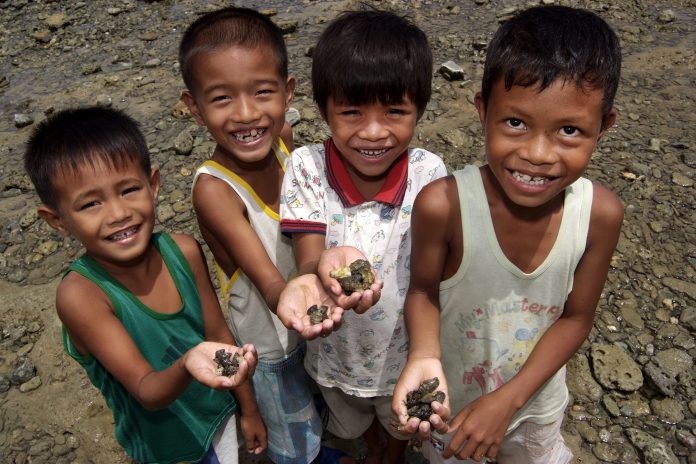Child Rights Network (CRN), the largest alliance of child rights advocates and child-focused organizations in the Philippines, expressed its “utmost gratitude” to Congress for being “instrumental” in passing seven key children’s rights bills in the past three years despite the pandemic.
“The passage of seven key legislative measures despite Congress adjusting to COVID-19 restrictions is testament to how our legislators can harmoniously work together for our children’s future,” said Romeo Dongeto, CRN convenor.
Both houses of Congress last week ratified the bicameral conference committee report on Senate Bill (SB) 2209 and House Bill (HB) 10703 or the proposed Anti-Online Sexual Abuse or Exploitation of Children (OSAEC) and Anti Child Sexual Abuse or Exploitation Materials (CSAEM) Act.
The bill, which is now up for the president’s approval, is the seventh key measure passed by the 18th Congress.
The other measures include:
- The Prohibition of Child Marriage Act (Republic Act 11596, enacted in 2021)
- The Domestic Administrative Adoption and Alternative Child Care Act (Republic Act 11642, enacted in 2022)
- Increasing the Age for Determining the Commission of Statutory Rape Act (Republic Act 11648, enacted in 2022)
- Instituting a Policy of Inclusion and Services for Learners with Disabilities in Support of Inclusive Education Act (RA 11650, enacted in 2022)
- The Foundling Recognition and Protection Act (RA 11767)
- Expanded Anti-Trafficking Bill (SB 2449 and HB 10658, ratified by both houses of Congress, enrolled copy sent to Malacañang on May 24, 2022)
“These key measures take into account the widening danger that the advancement of technology poses on children’s rights, including the dangers posed by the Internet,” said Dongeto.
“The passage of these measures not only serve as an accolade to our Legislature, but also proves that in the Philippines, children remain at the heart of the law,” he added.
Dongeto, however, reminded incoming legislators of the challenges that remain regarding “child-focused legislation.”
He cited the reintroduction of the Positive and Non-Violent Discipline Bill (SB 1477 and HB 8239), a bill that seeks to protect children from all forms of physical and mental violence by prohibiting beating, kicking, slapping, or lashing on any part of a child’s body, with or without the use of an instrument such as broom, cane, whip, or belt.
While Congress was able to ratify the law, President Rodrigo Duterte decided to veto it in 2019.
“We would continue to push for this legislation, as it is our fervent hope that Filipino children will one day value discipline not out of fear, but of love and respect,” Dongeto said.
CRN also listed several other pending measures that child rights advocates are set to campaign in the 19th Congress, including:
- Prevention of Adolescent Pregnancy Bill – The bill seeks to provide a national policy to prevent adolescent pregnancies, and institutionalize protection for adolescent parents
- Comprehensive and Responsive Civil Registration and Vital Statistics Bill – The bill seeks to provide a comprehensive and responsive civil registration and vital statistics system
- Magna Carta of Children – The bill is envisioned to incorporate the UN Convention on the Rights of the Child into domestic legislation, and in effect become a comprehensive legislative measure that will not only encourage the protection of children from threats and harm, but more importantly ensure positive support for the development of the child’s personality, talents, and mental and physical abilities to their fullest potential
- Philippine Commission on Children Bill – The bill replaces the Council for the Welfare of Children with the Philippine Commission on Children, which seeks to establish linkages with government and non-government agencies, and the Local Councils for the Protection of Children (LCPC).
- Bangsamoro Children’s Code









